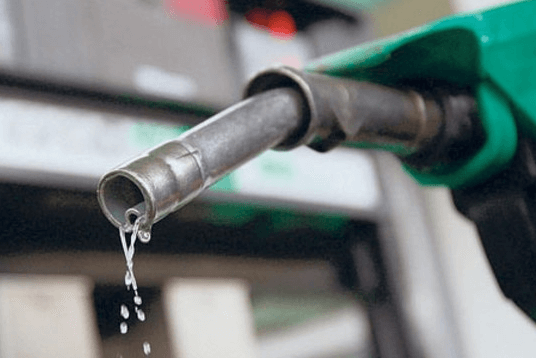Early reports suggest that the Federal Government has officially raised the price of gasoline to N185 per liter from N170.
According to reports, the government has ordered the new price to be implemented immediately.
It has been learned that the leadership of the Independent Petroleum Marketers Association of Nigeria (IPMAN) has yet to be informed, despite the fact that filling stations affiliated with the Major Marketers Association of Nigeria (MOMAN) have already adjusted their pumps in line with the new price directive.
To facilitate a steady deregulation of the downstream sector of the petroleum industry, the federal government has concluded plans for the gradual removal of the gasoline subsidy beginning in April 2023.
Also, we learned that the ex-depot price has gone up from N148 per litre to N167, which means the overall increase is 8.8 percent.
An unnamed government source confirmed to Vanguard that they sent a memo to all marketers, including MOMAN and IPMAN, on behalf of the government.
IPMAN President Chinedu Okonkwo responded to the news on Thursday, telling Vanguard, “So I heard but we are waiting for the circular because without that we cannot do anything.” We’ll have a better idea of what’s going on by tomorrow (today).
He commented, “well they can adjust as the product is scarce to get at the moment, but with the new approved price, we hope to get products so we can sell to consumers,” after learning that some major oil marketers have already adjusted their pump price to the new approved price.
IPMAN National Operations Controller Mike Osatuyi also responded, saying that his organization’s members had kept up the practice of buying the product at N240 per liter.
Despite this, we found that most independent petrol retailers in Lagos were already charging between N290 and over N300 per litre. This is because IPMAN petrol stations rarely have any fuel on hand, so the few that do have fuel tend to be directed to charge exorbitant prices.
However, with the increased pressure for complete deregulation, it is possible that Nigerians will pay a higher price for the product.











